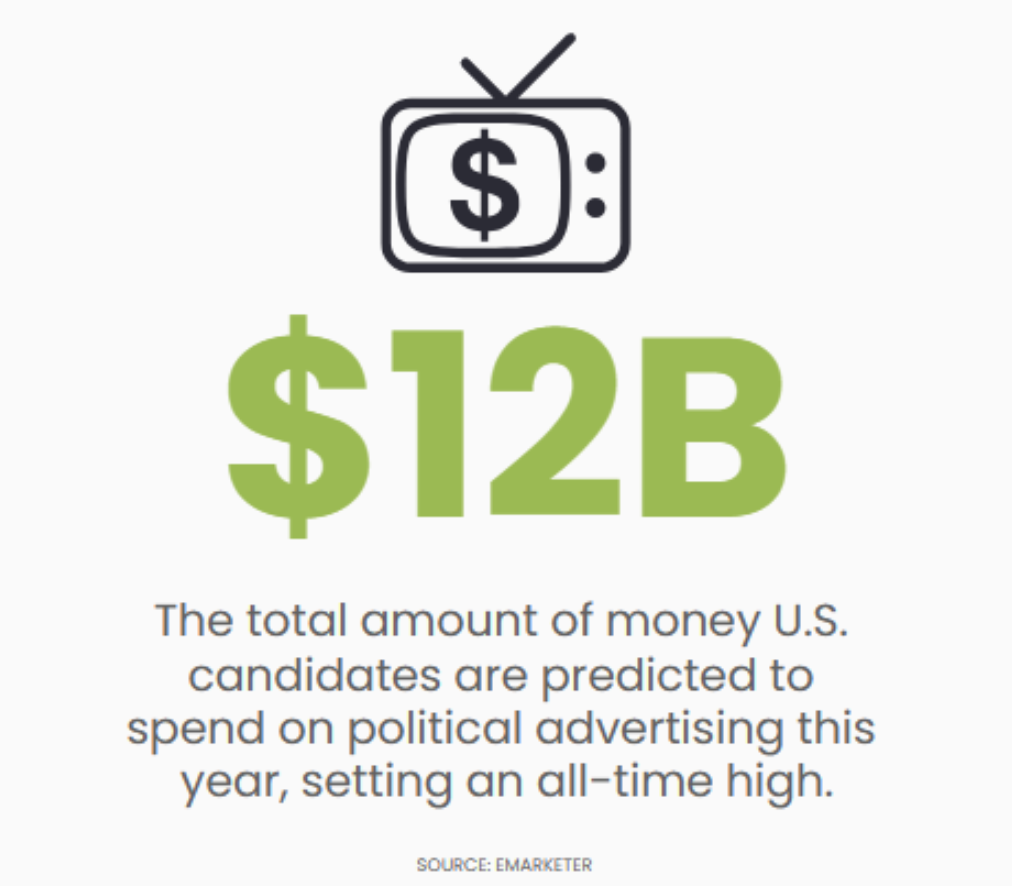Forbes: A PR Agency’s Guide to the Coronavirus
A later version of this article appeared in Forbes.
News provides us with topics that are timely, interesting and important. However, sometimes the news can be a bit much, especially when all you see online are headlines about the massive spread of COVID-19.
So, how should your company respond?
Your company should be communicating to all stakeholders about the potential impact that COVID-19 could and/or is impacting your operations. We’ve composed nine dos and DEFINITE don’ts for addressing COVID-19 to your stakeholders.
1. DO communicate the CDC’s recommendations that help prevent the spread of respiratory diseases, but be honest to your brand.
You have to make sure that you are communicating with internal and external stakeholders — and through your own authentic voice. Not the news.
Internal stakeholders need to understand what’s hard facts, what’s soft facts (opinions and feelings) and what’s just hearsay. They should feel safe, accommodated and heard. Externally, be sensitive to what your customers and the community at large are going through and update your business practices accordingly.
Take one of our clients in the title industry, for example. Right now, mortgage rates hit the lowest ever recorded, but lenders are struggling to keep up with the demand. We have to think: How does that affect our current marketing strategy and potential news stories for them?
2. DON’T stay silent — even if you don’t know everything.
Don’t let others control your company’s conversation. As humans, we naturally fill in gaps in communication to understand what’s going on around us. Rather than letting people assume information about your business, get in front of the conversation.
For information on the virus, however, always refer to the CDC and WHO , which provide the most accurate information and latest updates on the situation.
3. DO consider alternative ways to reach external audiences and vice versa.
What happens if the majority of your interactions with customers happen face-to-face, door-to-door, or you have a centralized call center? Now is the time to reconsider how you’ll engage with your audiences.
Communication with customers can be in an email, but you can also connect through text, through an online chat, via infographics or memes on social media, or an “on-brand” (and possibly witty!) reminder to wash your hands. We especially love how one of our wellness clients is suggesting 20 calf raises as the appropriate amount of time to wash your hands.
4. DON’T communicate information that you don’t know is fact.
Never disseminate information you’re not certain of, as that can promote hysteria and further the spread of misinformation. Not only can it create undue stress and hysteria within your organization, it can also present legal challenges. Remember that you aren’t a public healthcare organization (i.e. the CDC, WHO, etc.), so disseminating information you don’t know as fact can have significant consequences.
5. DO create a plan for working remotely in case COVID-19 arrives in your community.
Coronavirus is still an emerging, rapidly evolving situation. In the case that it does impact how your business operates, you should have a crisis plan ready to deploy. In the case of SXSW, it was forced to lay off a third of its employees due to coronavirus concerns and had little time to prepare for such a massive crisis.
Thus, the ability to continue business remotely is crucial, especially for an agency or organization where clients would need their services. This is when Zoom, Slack, Skype, Outlook — all the digital tools in your arsenal — are put into practice.
6. DON’T insert yourself into the conversation unnecessarily.
While above we say not to let others control your conversation, when it comes to communicating externally, to say, the media, it’s sometimes better to stay quiet and let the experts control the conversation.
Take Corona beer, for example. Untrue rumors about the beer’s relation to coronavirus has exploded. However, the brand has stayed relatively quiet, and the media, of course, took notice — some even lauded the brand for their strategic silence during this crucial time.
7. DO realize that what your business says is just as important as who says it.
A spokesperson is your organization’s mouthpiece. Choosing the right person is just as important as saying the right thing. Without the right person to speak on behalf of your organization, your message could be lost — or worse, they choke.
Your spokesperson should be credible, empathetic and authoritative.
8. DON’T market your brand without strong intent.
Corporations of all kinds are tackling social issues, from Gillette addressing toxic masculinity to Patagonia tackling the climate crisis. Today, brands eagerly take on social challenges for reputational and social good purposes, including the coronavirus.
However, when you get it wrong — you can get it really wrong, as was the case of Pepsi’s ad campaign invoking a Black Lives Matter protest. One headline in The Washington Post read “Pepsi tried cashing in on Black Lives Matter with a Kendall Jenner ad.” The brand has since pulled the ad and apologized.
If you choose to address an issue (like the coronavirus), ensure it makes sense with your brand. You don’t want to be the next case study here.
9. DO have a strong purpose and help your stakeholders.
Corporate social responsibility (CSR) is a fancier way of referring to a company’s philanthropic, charitable or ethical purpose in the world than just making profit — including supporting your stakeholders (everyone we mentioned above) during this uncertain time.
Think about how your actions during this time of uncertainty can contribute to the greater good and provide a positive social impact. That’s a brand’s purpose, and it can significantly strengthen your reputation.
The bottom line
When your communication plan isn’t thought-out or there isn’t one at all, it can lead to misinformation, confusion and stress, which we never want to happen, especially when things are rapidly developing. But, when you thoughtfully create a plan that informs, motivates and benefits your stakeholders, your company will thank you later.
The post Forbes: A PR Agency’s Guide to the Coronavirus appeared first on Integrate Agency.

(281) 223-1324
1980 Post Oak Blvd., Suite 100
Houston, TX 77056
All Rights Reserved | Spark, Wright, and Colgin, Inc / Integrate Agency.









